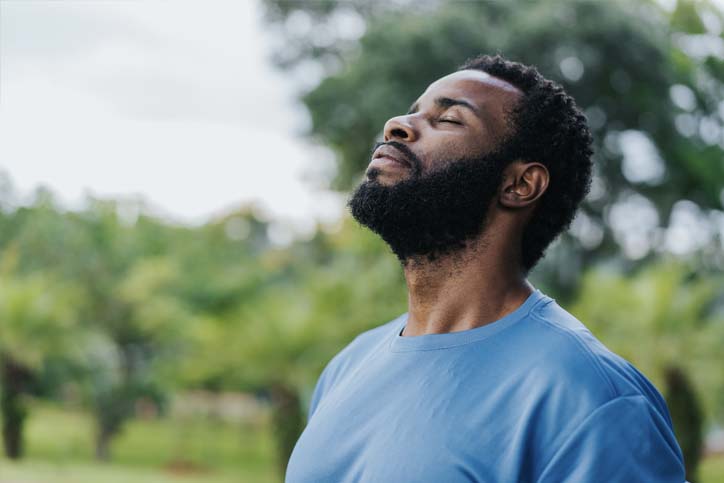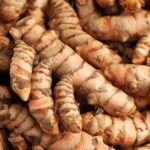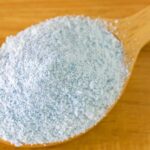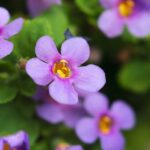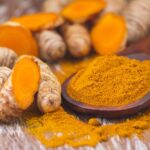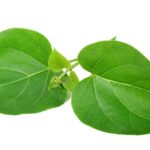What is Valerian?
Valerian, also known as Valerianae radix, is a perennial flowering plant and belongs to the Valerianaceae family, a group of plants typically identifiable by their pungent odors. A native of Europe and parts of Asia, valerian has been used in traditional medicine dating back to Greek and Roman times and is believed to have calming and sedative properties. Today, it is commonly found in various teas.
Valerian contains:
-
Valerenic acid, which can help increase gamma-aminobutyric acid (GABA), a neurotransmitter in the brain. Studies have shown that valerenic acid may also be anti-inflammatory.
-
Iridoids, which have been studied for their sedative effects.
-
Isovaleric acid, which may be useful for preventing muscle contractions.
-
Hesperidin, which has sleep-enhancing properties.
-
Linarin, which also has sleep-enhancing properties.

Benefits of Valerian
Historically, valerian has been used to reduce insomnia and anxiety. However, it has also been studied for its effects on various menstrual-related conditions.
Reducing insomnia
Researchers in 2015 published a systematic review and meta-analysis about the relationship between valerian and various sleep disorders. These researchers concluded that valerian may improve quality of sleep and that research should be prioritized, given the rise of insomnia in adults across the globe. However, more research would be needed with larger sample sizes to determine long-term effects.
Indeed, many researchers have since employed more rigorous studies. For instance, a 2021 study explore the effects of valerian extract on sleep quality in patients who had recently undergone coronary artery bypass graft surgery. They reported that it may be a useful sleeping aid. Similarly, a 2022 study investigating valerian’s effects on sleep in various surgical patients presented promising results: adults 65 years or older, women recovering from surgery, and people saying in hospitals for longer periods showed evidence of improved sleep.
Finally, a 2020 study looking at valerian’s impacts on general sleeping issues found that it may be helpful in combination with other treatments. The researchers noticed interesting patterns, stating that valerian may be “more useful in treating insomnia associated with particular psychiatric conditions such as anxiety.”
Reducing anxiety
Anxiety and insomnia are frequently linked. Insomnia can worsen anxiety symptoms, and anxiety can cause insomnia. For this reason, it is not surprising that valerian has also been studied for its effects on anxiety.
Currently, research on this topic is limited, but various studies indicate valerian’s potential. A 2020 study illustrated that valerian improved anxiety, but its low solubility was a hurdle for participants. Additionally, a 2021 study employed a randomized, double-blind and placebo-controlled study on 39 patients with kidney failure, reporting a reduction in anxiety and depression in those who took valerian extract.
Hot flashes due to menopause
A 2013 study noted that, “hot flash is among the most common complaints of menopausal women, affecting their career, social activities and quality of life.” Consequently, these researchers sought to investigate whether valerian could reduce hot flashes in affected women. The study involved 68 women, all of whom were given 255 mg valerian capsules thrice a day for eight weeks. The results illustrated that these women experienced reductions in the severity and frequency of their hot flashes.
Possible side effects of valerian
Although valerian is generally considered safe, it may cause the following side effects:
-
Headaches
-
Dizziness
-
Stomach aches
-
Drowsiness
-
Vivid dreams
-
Heart palpitations
-
Dry mouth
It is important to consult a healthcare professional to determine appropriate dosage, especially for those with underlying medical conditions and those taking additional medications.
Valerian Extract in our Products
At Turmeric Innovations, we use Valerian extract in some of our products, including our TurAsleep™ lozenge. TurAsleep® also contains jatamansi extract, nutmeg extract, and turmeric to support restful sleep.
For more information about our company and products, please visit our website and online store.
The above statements have not been evaluated by the Food and Drug Administration. Turmeric Innovations, Inc. and it products are not intended to diagnose, treat, cure, or prevent any disease.
